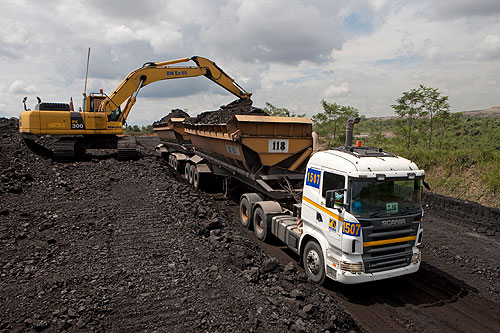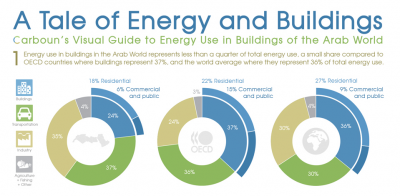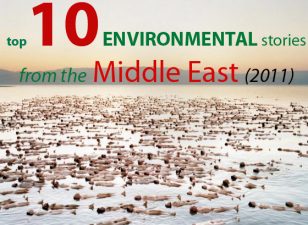Egypt’s ongoing energy issues, compounded by its current political and economic problems, appear to be going from bad to worse. This is especially so since its natural gas revenues were dramatically curtailed following numerous sabotage attacks on its Sinai gas pipeline to Israel and Jordan.
Egypt once held great promise as becoming a leader in solar energy production (see photo) in the in the Middle East and North Africa MENA region. The World Bank, which has been helping to provide financing for MENA region renewable energy projects , has mentioned that Egypt and other MENA countries are located in a region that is very susceptible to the ravages of climate change.
 In order to provide at least a partial solution to the country’s increasing energy needs, Egypt’s government is now turning to importing large shipments of coal through its Safaga Red Sea Port, according to an article published in the Saudi Gazette.
In order to provide at least a partial solution to the country’s increasing energy needs, Egypt’s government is now turning to importing large shipments of coal through its Safaga Red Sea Port, according to an article published in the Saudi Gazette.
The Gazette article quoted comments by Ali Reda, head of the Tourism Investment Authority in the Red Sea, who, said in a press statement: “Coal will be detrimental to tourism in the Red Sea. Coal and coal hauling (see photo above) will pollute the environment, harm people’s health, and destroy marine life; especially coral reefs.” He added that bringing in thousands of tons of coal by truck will also harm the country’s roadways and cause numerous road accidents.
This fear was also voiced by Ahmed Droubi, coordinator of the Egyptians Against Coal movement, who said that bringing in 8 million tons of coal a year would require 250,000 to 500,000 trucks on Egyptian roads, causing significant damage to its road infrastructure.
Despite efforts made by Egyptian government cabinet officials to curtail the use of coal by “abiding to precautionary measures recommended by the World Health Organization and enforcing those measures on all facilities that manufacture, import, transport, store, or use coal,”the government seems to be turning a “blind eye” to increasing the country’s use of this polluting energy source.
Turning to coal has resulted from a significant cut in natural gas supplies to major factories; especially cement factories. Egypt’s energy supplies have also come partially from hydroelectric power generated from its Aswan Dam facility in southern Egypt. This energy source could be curtailed significantly if Ethiopia embarks on its plan to build a giant dam on its section of the Nile River.
Regarding the environmental impact of coal, the organization Egyptians Against Coal (EAC) say that the use of it “affects the brain, the nerves, the lungs, and the blood. Research proved that inhaling coal dust causes redox reactions and increases chances of lung cancer, blood viscosity, and narrowed blood vessels.”
Due to the continued political turbulance present in Egypt, it may be naive to expect it to turn to renewable energy. Solar energy and wind power could help by providing even a small percentage of the country’s total energy needs. In a joint statement issued by several environmental groups, representatives said that Egypt needs to pursue other forms of energy production, including use of waste products (garbage, etc) to generate energy. “In Germany, 61% of energy used in the cement industry is generated from waste. In the Netherlands, the percentage rose to 98% in 2009.”
The statement added that several developing countries are also working on long-term plans to discard polluting sources of energy. Egypt’s mounting garbage problem, especially in major cities like Cairo and Alexandria, could become an energy source of its own; and not just food for pigs and income for ragpickers.
Maybe this idea will one day become reality; resulting in less use of polluting fuels like coal.
Read more on Egypt’s energy issues:
The Dam that May Damn Egypt’s Future
Jumpstarting Solar Power in the MENA Region
Will Israel’s Natural Gas Tap Flow to Turkey?
Photo of Egyptian solar panels: Tarir Institute for Middle East Policy



